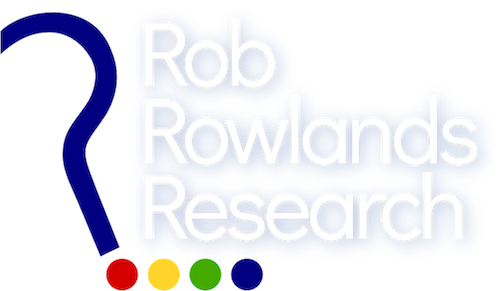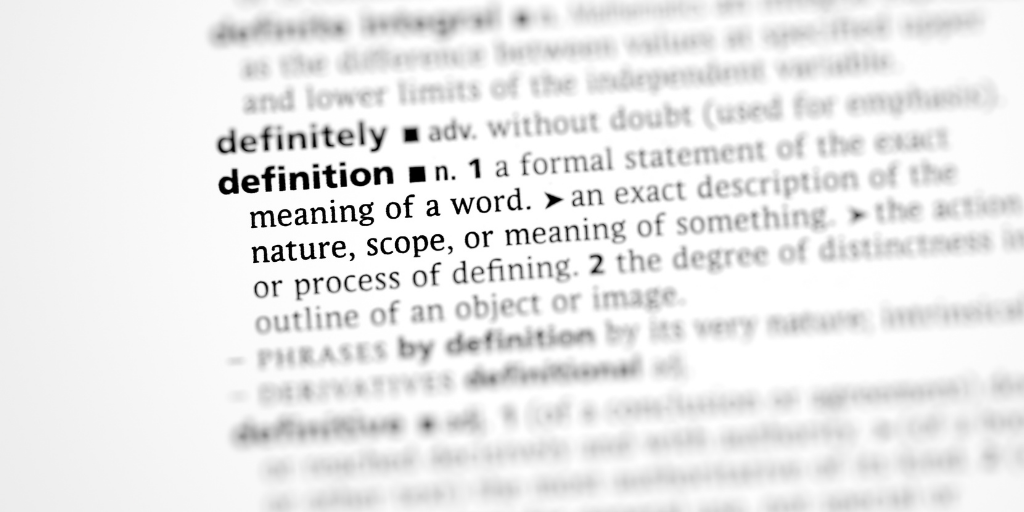It’s the summer holidays and despite the disruption of 2020 many of us will be hoping for some good weather to try and relax in. The burning question for many will be will it rain or if it is raining how long will the rain last? Is it a passing shower or are we set for a day of board games and books (and moaning kids) inside? Knowing the answer to that question is dependent on your definition of rain.
Definitions and boundaries are vitally important for us to understand and share our interpretation of the world with others. Clear definitions provide certainty about the “thing” we are talking about.
Blurred lines
So when the UK Justice Secretary was recently asked to define what constitutes a local outbreak of Covid-19 his response that each case of would differ but "I think we know it when we see it” failed to convey an effective definition to his wider audience. It may be fine for those “in the know” but for those looking on the lack of a clear definition or a set of boundaries leaves too much room for (mis)interpretation.
Just as we increasingly crave higher definition televisions for their image clarity, better definitions of the things we observe and measure in our research vastly improve the picture we develop.
A question of definition
Through lockdown I ran a family quiz. One of the questions we posed was “what is the largest native bird in the UK?” Easy, right? The Sea Eagle of course. Not quite. My ornithologist uncle queried this answer. Is the Sea Eagle native if it has been reintroduced? And when we say largest do we mean wingspan, height or weight? What at first looks a simple question already has 2 factors which require clearer definition.
If you were to ask a greengrocer how much fruit and vegetables they sell the answer would be quite straightforward to find. But ask them how much fruit alone they sell and we begin to run into problems. How is a “fruit” defined? Is a tomato a “fruit” or a “vegetable”?
Does that definition matter?
It does if you the tax you are charged is based on how an item is defined.
McVities baked the world’s largest Jaffa Cake in 1991. This was to demonstrate it was a cake and not a chocolate biscuit. As a result they ensured it wasn’t liable to VAT as a luxury good.
What happens when definitions of the same thing differ?
Widely seen as a jewel in Altrincham’s revival, the town’s market hall recently faced economic threats on 2 fronts because of differing definitions.
On one hand the market is seen as a collection of small independent businesses who operate in a shared location and have seen restrictions on which of these can operate and sell under lockdown (trading standards).
On the other hand it is defined as one business for the purposes of business rates and face a near 400% increase in their bill. Neither definition helps sustain a cornerstone of resilience both now and in the future for Altrincham.
Definitions matter in research because our observations are used to justify decisions we and others make.
Shower or rain?
So let’s get back to the rain. If you want to know how long it is likely to “rain” it is important to understand what makes a shower and what constitutes rain. The answer is in the clouds:
layered (stratiform) clouds produce prolonged rain; heaped clouds produce showers (cumuli)1.
Knowing this definition can help you look out of the window now and figure out of there’s time for a coffee before heading back outside or whether to get the decorating equipment out and spend the day indoors.
Definition has an impact on what we observe and how we understand what that means. Understanding those impacts - and particularly how they combine, overlap and contradict - is essential in collecting information and understand the world around you.
What is most important is that the definitions we give to the things we observe are clearly articulated so that our observations can be shared and defended using the data and information we collect.
1 For those interested in clouds and rain or simply fed up with the inaccuracies of published weather forecasts and wanting to take matters into their own hands more detail can be found in What Does Rain Smell Like by Simon King and Clare Nasir.
You may also be interested in
Thought, inspiration and how-to straight in your inbox - Sign up today
By subscribing you will receive our newsletter up to 4 times a year and occasional news of forthcoming events. You can unsubscribe at anytime.





